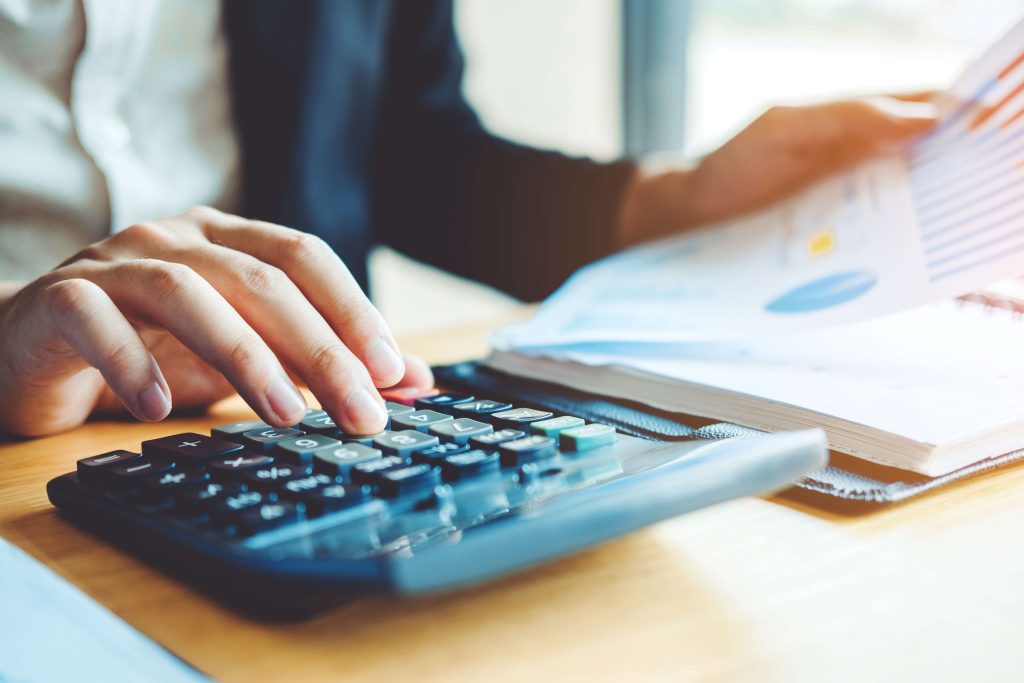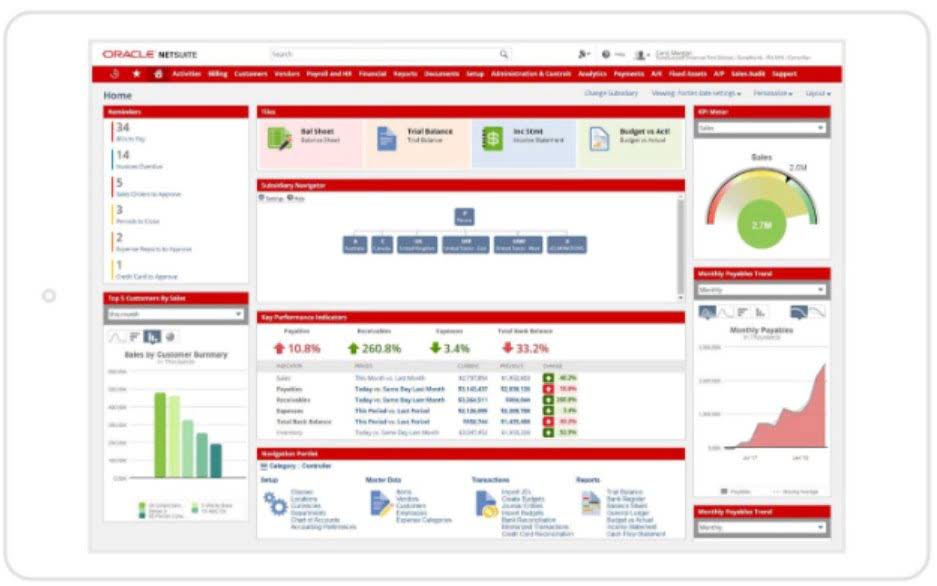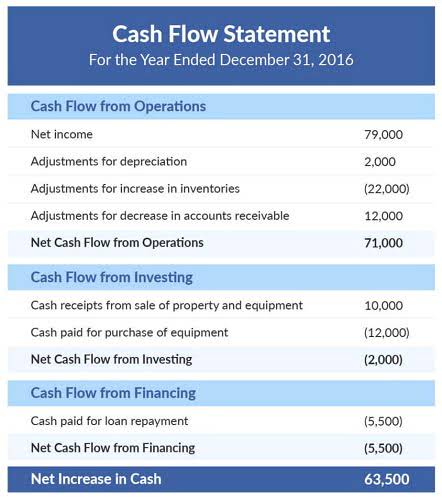
This means that if your business is sued, your personal assets (like your home, cars, and bank account) could be used to settle your Sole Proprietorship business debts and liabilities. However, as a Sole Proprietorship you (or your accountant) will include a Schedule C which lists your business profits or losses. A sole proprietor is someone who owns an unincorporated business by themselves. If you are the sole member of a domestic limited liability company (LLC) and elect to treat the LLC as a corporation, you are not a sole proprietor. Although there are different deadlines to adhere to, you’ll want to be sure to keep track of your tax responsibilities, pay your estimated taxes and file on time. If you don’t pay your estimated taxes and wait until you file your annual return, the IRS may charge you a penalty for failure to pay on time.
- This allows the business to get up and running quickly with no friction.
- Most small businesses start as sole proprietorships and either stay that way or expand and transition to a limited liability entity or corporation.
- If you are not sure whether you want to start an LLC or corporation, it is always better to start small.
- Without an EIN, you may need to use your SSN when dealing with vendors and clients.
- To register most types of business, the state requires you to file your business name for inclusion in their directory and pay a fee.
- In addition, some states require all businesses to have a license, regardless of size or industry.
Obtain licenses, permits, and zoning clearance if needed

This unlimited liability goes beyond the business entity to the owners themselves. Sole proprietorships must rely on standard funding like bank loans or lines of credit. Banks may view sole proprietorship near me a new business with a small balance sheet as a high-risk borrower. An LLC, or limited liability company, is another common structure used for small businesses in the United States.
Sole Proprietorship Taxes: Everything You Need to Know

This makes this a perfect fit for a sole proprietorship and is similar to the freelance examples above. There’s little to no liability for being a tutor, especially if you offer services in a public space. Many bakeries need to hire employees unless they are specialty bakers in small towns with short hours or a special order-only policy. A small-town baker is often a good fit as a sole proprietor while a more growth-minded bakery will need to eventually form a business entity such as an LLC.
Can you convert an LLC to a sole proprietorship?
- Deciding what type of business entity to use when starting a business is an important decision.
- If you take on a business partner, your unincorporated business will become a general partnership.
- If you have employees, an LLC can also help shield you from liability for your employees’ actions.
- Single-member LLC owners are automatically treated like self-employed sole proprietors for tax purposes.
- Our partners cannot pay us to guarantee favorable reviews of their products or services.
Unfortunately as a sole proprietor, business liabilities are also personal liabilities. In addition, some states require all businesses to have a license, regardless of size or industry. You can research license requirements on your state government website and by contacting your city and county administrative offices. Requirements to file a DBA vary from state to state, and you may need to file at either the state or local level. Check with the office of the secretary of state or county clerk’s office where your business is located. Depending on the industry of your startup, you may need to obtain a variety of business licenses or permits.
What Is an LLC?

The IRS doesn’t require sole proprietors to have an EIN unless they have employees or pay excise taxes. However, you will need an EIN if you hire employees and you may be asked to provide one to open a business bank account. Ultimately, the returns for your sole proprietorship taxes will depend on the specific tax. When it comes to your sole proprietorship taxes, therefore, you’ll want to keep these special and sometimes overlooked business tax deductions in mind, as they can make a huge impact on your tax liability.


As an employee, you split the rate with your employer, and the reason it is so high when you own a business is because you are considered both the employee and employer. As for other business licenses, you will also need to obtain one depending on your profession. https://www.bookstime.com/ For example, barbershops, tanning salons, accountants, and other professions need a special license to legally operate and sell their services. Some banks may require you to have a DBA in order to open a business bank account for a Sole Proprietor.
